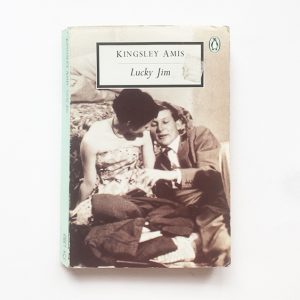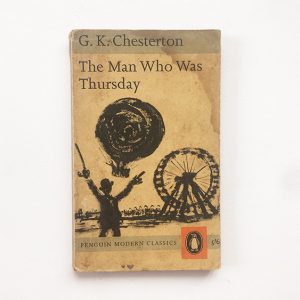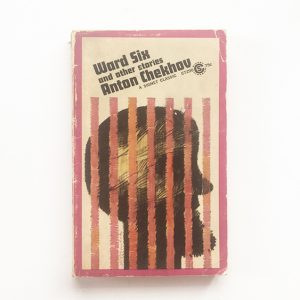Jim Dixon has accidentally fallen into a job at one of Britain’s new red brick universities. A moderately successful future in the History Department beckons. As long as Jim can survive a madrigal-singin weekend at Professor Welch’s, deliver a lecture on ‘Merrie England’ and resist Christine, the hopelessly desirable girlfriend of Welch’s awful son Bertrand.
This hilarious extravaganza presumes the existence of a secret society of revolutionaries sworn to destroy the world. There are seven members of the Central Anarchist Council who, for reasons of security, call themselves by the names of the days of the week — Sunday, Monday, and so on. But events soon cast a doubt upon their real identities, for Thursday (the Man Who Was Thursday) is not the passionate young poet he appears to be, but a Scotland Yard Detective. Who and what are the others? Chesterton unravels the fantasy in his own inventive and exuberant way and then uses this nightmare of paradox and surprise to probe the mysteries of human behaviour and belief.
This book is a 1962 copy.
These six stories — here presented in memorable new translations — represent Chekov’s narrative genius at the full range and power of its maturity. As masterfully constructed as his earlier stories but with far greater richness and dimension, they deal with human beings suffering the pain of existence, their lives illumined by the author’s rigorous objectivity.
The novella Ward Six, with its hauntingly symbolic depiction of the world of an insane asylum; The Duel, with its theme of moral degradation, its hint of regeneration; and A Dull Story, with its relentless depiction of a culture that corrupts and alienates … these and others present a vivid portrait of what Rufus W. Mathewson calls a “blighted” society, seen through the eyes of a writer whose understanding of “human foolishness” is without equal.
Showing all 3 results



